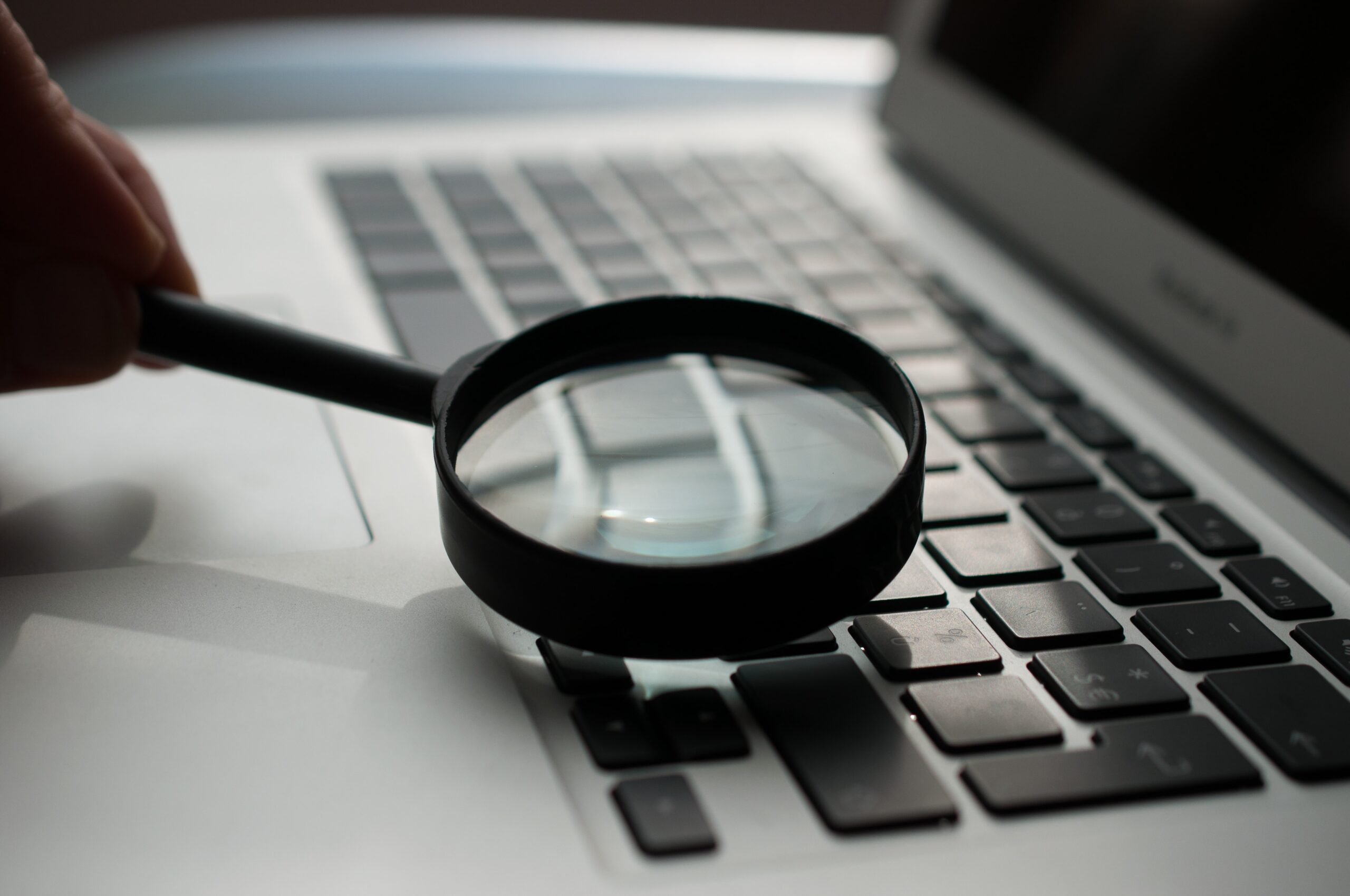
Whilst it is hoped that it is never needed, there may well come a time where you will need to investigate a situation, whether this be for a grievance, disciplinary or complaint and you need to ensure that this is conducted correctly and in a fair way.
First of all it is important to mention that investigations are covered by the ACAS code of conduct, so as a baseline, this must be adhered to, although your own policies and procedures may go further, so it’s always worth checking these before starting any investigations.
Most investigations will follow the same broad structure. This includes:
- Preparing for the investigation:
- Deciding who should conduct the investigation – this should be someone not involved in the case where at all possible, as this helps to keep impartiality – it is not the job of the investigator to prove guilt but instead just to get together the facts of the case
- What needs to be investigated
- What sources of evidence need to be collected e.g. work records, CCTV, emails, interviews
- Timescales
- Informing the employee with either the disciplinary or grievance issue that this will be investigated
- Should the employee be suspended – in disciplinary investigations there may be a case for suspending the employee in question, but this should only be done if absolutely necessary, and is needed to protect the investigation, business, other employees or the employee themselves
- Carrying out the investigation:
- Getting the physical evidence – ensure that any evidence is obtained in accordance of any policies, GDPR and respects the employee’s right to privacy
- Holding investigation meetings – these can be with the employee in question, other employees who may have witnessed the event or other witnesses that may not be employees. Please note, there is no legal requirement for an employee to be accompanied to an investigatory meeting, but it can be good practice to allow it. Given the current climate, these meetings can be held virtually if needed
- Getting a witness statement – there may not always be a need to carry out full investigatory meetings with all witnesses, and in these cases, you may just ask them to give a statement instead
- Sharing information – if you are getting evidence from a witness, ensure that you get their consent before you share this with other parties, including the employee who the issue refers to
- After the investigation
- Create an investigation report – once all the information has been collected, an investigation report should be written to compile everything that has been investigated, and gives recommendations on the next steps, such as formal action, informal action, or no further action. Please note, this is just a recommendation at this stage, rather than the definitive decision
Overall, you should ensure any investigation that you undertake is timely, confidential and supportive however all investigations can be different, and there may be issues along the way. Therefore, please do get in touch with us on 0800 953 4020 or catherine@lmcukservices.co.uk and we can support you through any investigation you need to carry out.

